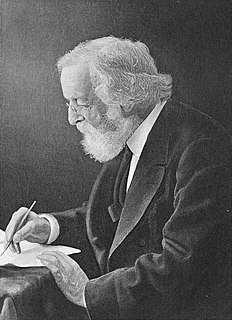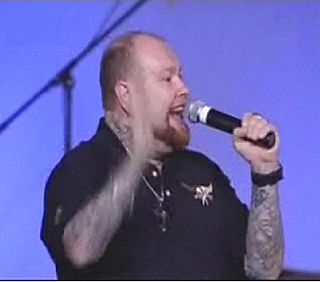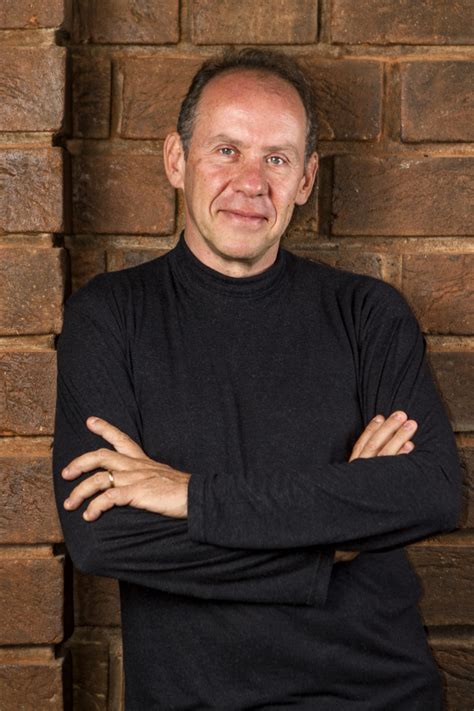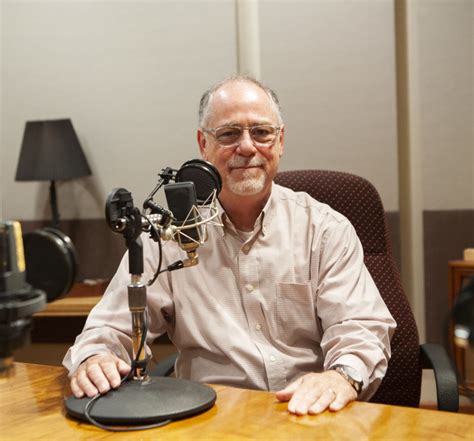A Quote by James Freeman Clarke
This is the way to cultivate courage: First, by standing firm on some conscientious principle, some law of duty. Next, by being faithful to truth and right on small occasions and common events. Third, by trusting in God for help and power.
Related Quotes
I'm a common law judge. I believe in deciding every case on its facts, not on a legal philosophy. And I believe in deciding each case in the most limited way possible, because common law judges have a firm belief that the best development of the law is the one that lets society show you the next step, and that next step is in the new facts that each case presents.
There has been no clearer principle of English or American constitutional law than that, in criminal cases, it is not only the power and duty of juries to judge what are the facts, what is the law, and what is the moral intent of the accused; but that it is also their power, and their primary and paramount duty, to judge the justice of the law, and to hold all laws invalid, that are, in their opinion, unjust or oppressive, and find all persons guiltless in violating, or resisting the execution of, such laws.
In war, in some sense, lies the very genius of law. It is law creative and active; it is the first principle of the law. What is human warfare but just this, - an effort to make the laws of God and nature take sides with one party. Men make an arbitrary code, and, because it is not right, they try to make it prevail by might. The moral law does not want any champion. Its asserters do not go to war. It was never infringed with impunity. It is inconsistent to decry war and maintain law, for if there were no need of war there would be no need of law.
The second noble truth states that we must discover why we are suffering. We must cultivate the courage to look deeply, with clarity and courage, into our own suffering. We often hold the tacit assumption that all of our suffering stems from events in the past. But, whatever the initial seed of trauma, the deeper truth is that our suffering is more closely a result of how we deal with the effect these past events have on us in the present.
Life, in a body whose order and state of affairs can make it manifest, is assuredly, as I have said, a real power that gives rise to numerous phenomena. This power has, however, neither goal nor intention. It can do only what it does; it is only a set of acting causes, not a particular being. I was the first to establish this truth at a time when life was still thought to be a principle, an archeia, a being of some sort.
I've called on Congress to repeal the so-called Defense of Marriage Act to help end discrimination to help end discrimination against same-sex couples in this country. Now, I want to add we have a duty to uphold existing law, but I believe we must do so in a way that does not exacerbate old divides. And fulfilling this duty in upholding the law in no way lessens my commitment to reversing this law. I've made that clear.
It is certainly true that most men need some kind of a God. A few, and they are the men of genius, do not bow to an alien law. The rest try to justify their doings and misdoings, their thinking and existence (at least the menial side of it), to some one else, whether it be the personal God of the Jews, or a beloved, respected, and revered human being. It is only in this way that they can bring their lives under the social law. . . .
Beware of being obsessed with consistency to your own convictions instead of being devoted to God. The important consistency in a saint is not to a principle but to the divine life. It is easier to be an excessive fanatic than it is to be consistently faithful, because God causes an amazing humbling of our religious conceit when we are faithful to Him.
God does not cause our misfortunes. Some are caused by bad luck, some are caused by bad people, and some are simply an inevitable consequence of our being human and being mortal. living in a world of inflexible natural laws. The painful things that happen to us are not punishments for our misbehavior, nor are they in any way part of some grand design on God's part. Because the tragedy is not God's will, we need not feel hurt or betrayed by God when tragedy strikes. We can turn to Him for help in overcoming it, precisely because we can tell ourselves that God is as outraged by it as we are.
In order to live as we were designed to live, we must be in pursuit not simply of manhood but of godly masculinity. That begins by being men who are rightly related to God, who understand what it means to fear him, and who respond to that fear by being alert, standing firm in the faith, and being men of courage.
That which the people called Quakers lay down as a main fundamental in religion is this- That God, through Christ, hath placed a principle in every man, to inform him of his duty, and to enable him to do it; and that those that live up to this principle are the people of God, and those that live in disobedience to it, are not God's people, whatever name they may bear, or profession they may make of religion. This is their ancient, first, and standing testimony: with this they began, and this they bore, and do bear to the world.






































